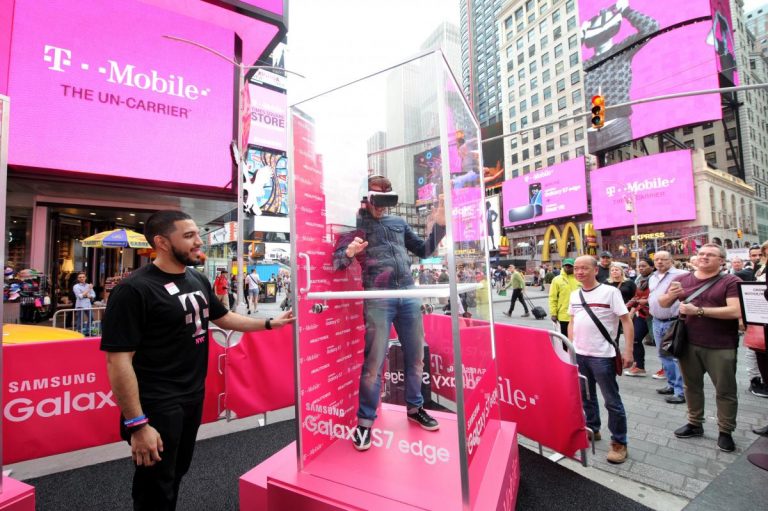In the same way that Thomas needed to “feel and touch” Jesus before he accepted it was him, consumers today are gradually turning into “doubting Thomases.”
Customers want to “feel” an emotional connection to businesses and have a physical interaction with them.
To further ingratiate the brands in the minds and hearts of the consumer, it is crucial for marketers to produce memorable and good brand experiences through creative ideas and innovative strategies.
Building lasting relationships with customers is essential for transforming them into brand ambassadors. This is accomplished through experiential marketing. EXP marketing, in contrast to other forms of advertising, emphasizes a more concrete brand experience.
Thanks to covid, we can all agree that enjoying life is not a waste of time. We have found that experiences offer the potential for establishing important social ties and that experiences have a substantial impact on one’s identity. As a result, experiential marketing allows companies the option to interact directly and in a way that consumers actively seek out.
Experiential marketing, however, encompasses more than just events, pop-up shops, brand activations, etc. It also includes the level of service a consumer receives at various brand touchpoints. On social media, there was recently a scandal involving a newly launched restaurant’s service. Most, if not all, of the complaints were more about their overall experience from the time they were welcomed and seated by the hostess and served by the waiter/tress than they were about the drinks or the food.
Even while it is impossible to verify every claim, one negative review about a customer’s experience can spread quickly and damage a brand’s reputation, which then influences how consumers perceive a brand.
Additionally, experiential marketing provides current insight into how customers may view and interact with a brand. After then marketers need to use those findings in optimizing, improving and enhancing brand experience.
Experiential marketing may also help a brand because it raises brand awareness, engages leads and consumers in various activities, can be used by marketers to launch new products, and most significantly, it enhances customer loyalty.
Campaigns that use experiential marketing as a strategy are here to stay. They provide businesses and marketers with previously unheard-of alternatives for engagement, entertainment, and personalisation.
When developing an experiential marketing plan, Marketers need to ensure that make:
1. It clearly communicates the WHY
2. It elicits emotion
3. It focuses on engaging the customer
4. It’s FUN and entertaining, and lastly, provide customers a worthwhile, concrete experience.

